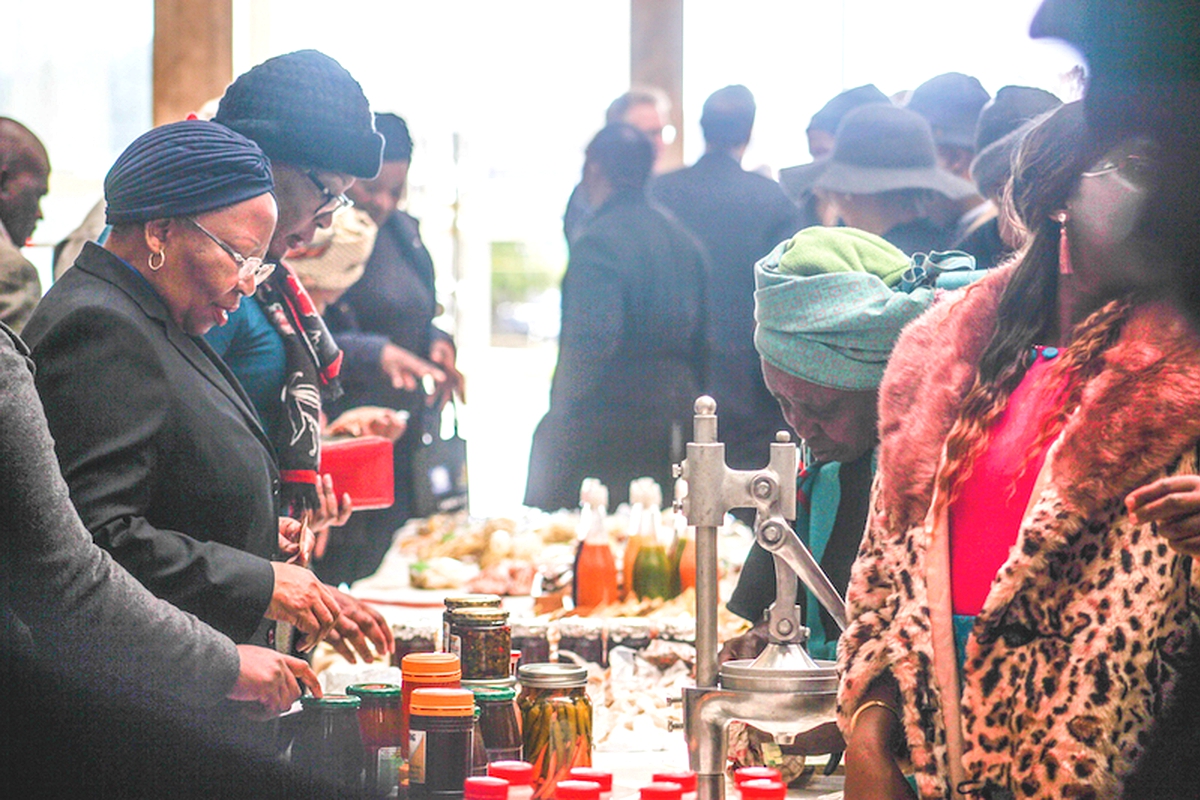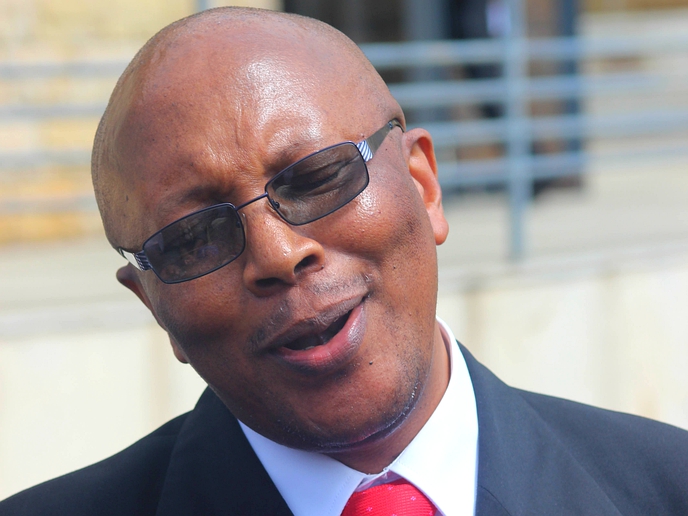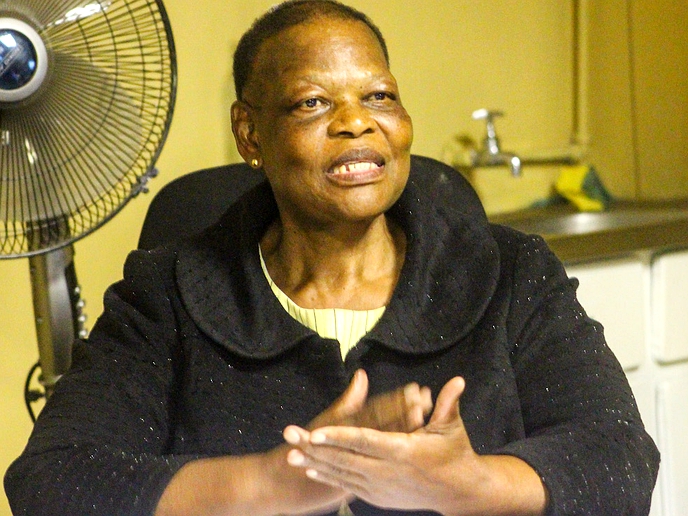MASERU - The research of a department within the Ministry of Agriculture and Food Security has launched the Agricultural Productivity Programme for Southern Africa (APPSA) in a bid to graduate Lesotho out of poverty. APPSA is a World Bank funded project focused on improving agricultural technology generation and dissemination within and among participating countries in southern Africa.
business
Aug. 2, 2019
STAFF REPORTER
3 min read
Lesotho embraces horticulture products

The national APPSA coordinator ’Maleabua Lephole, who is also the chief research officer at the agriculture ministry said the project was implemented in the Southern African Development Community
Enjoy our daily newsletter from today
Access exclusive newsletters, along with previews of new media releases.
Tailored for you






